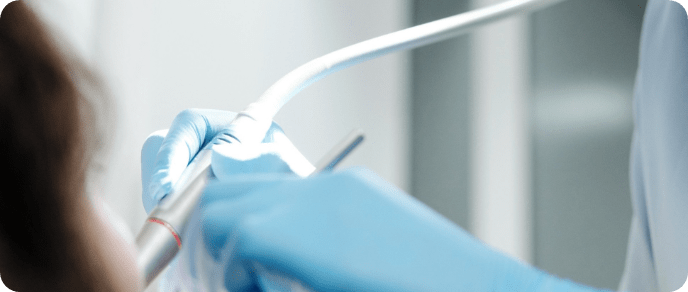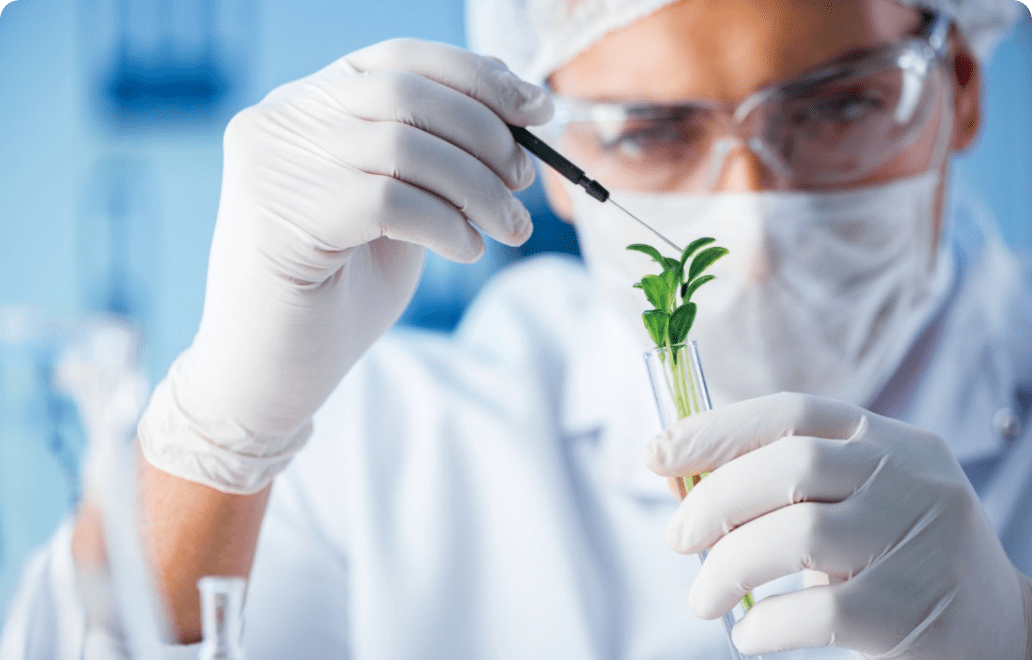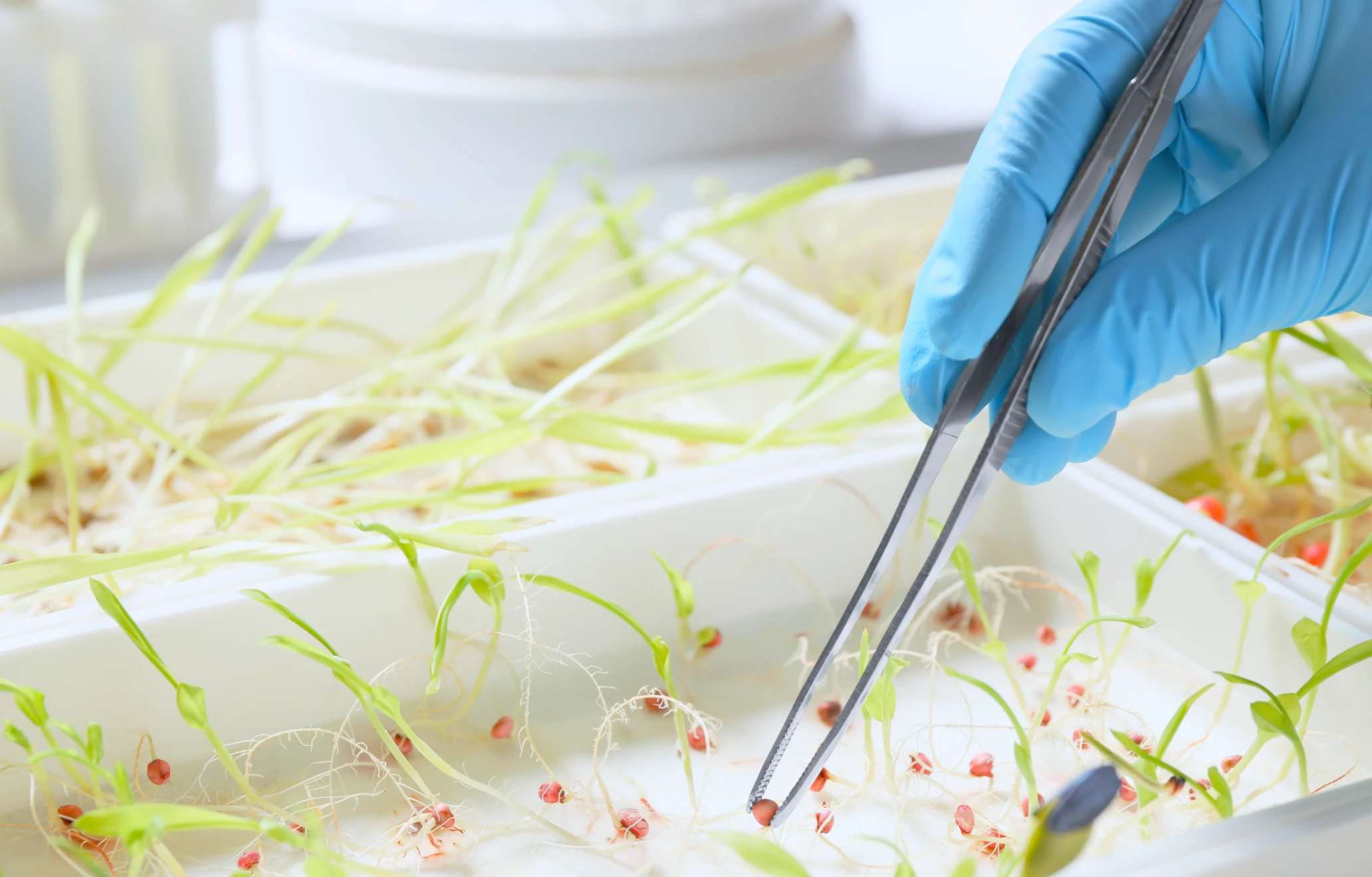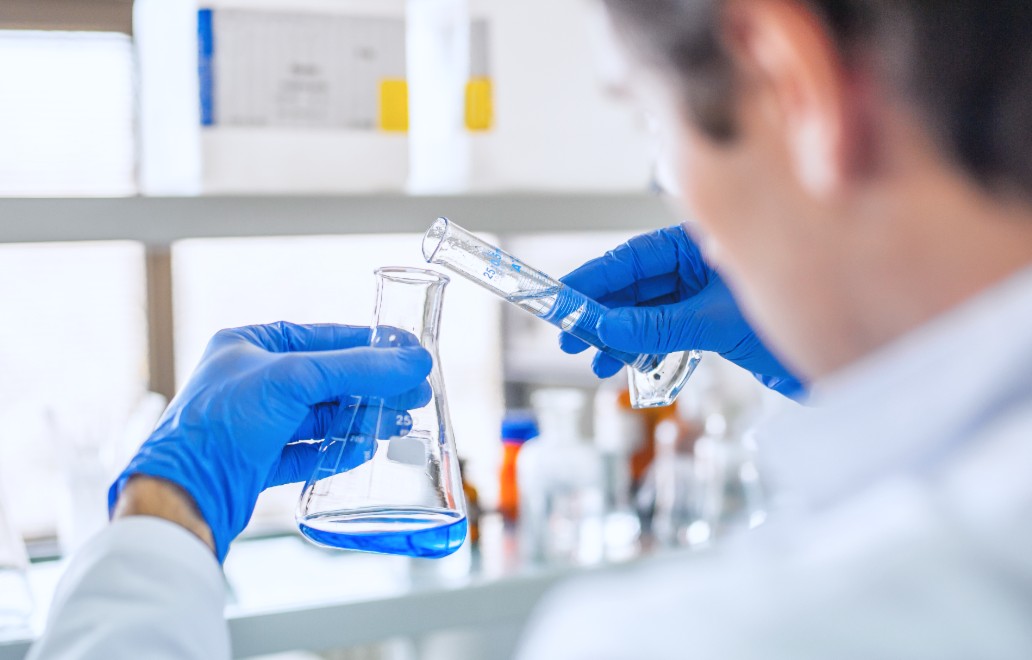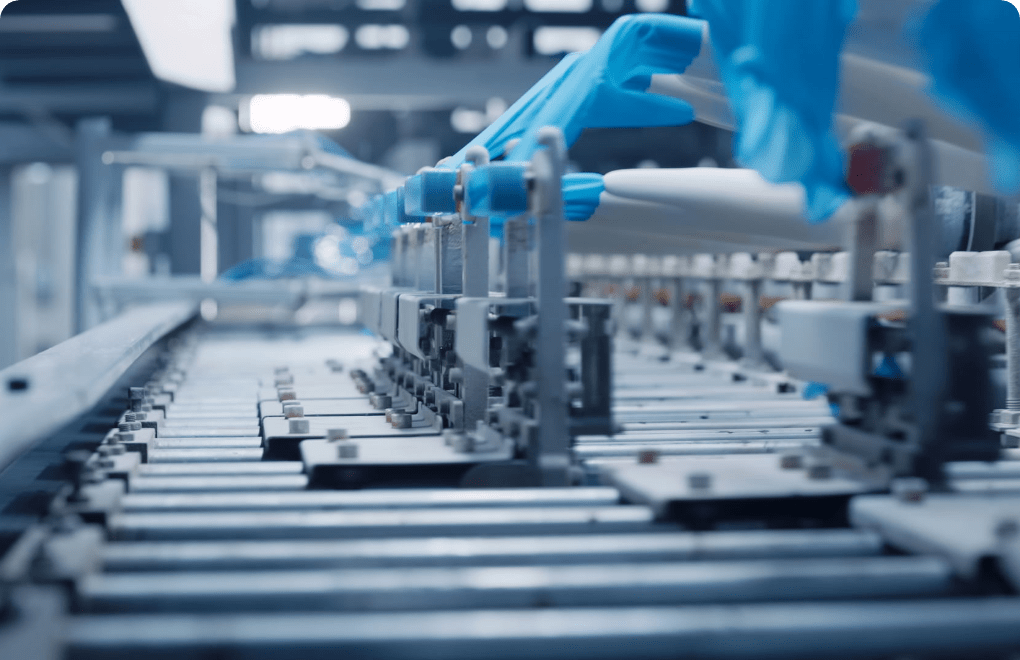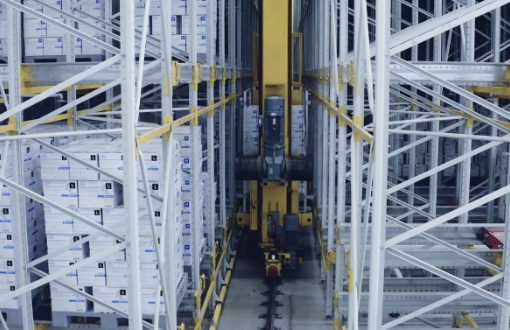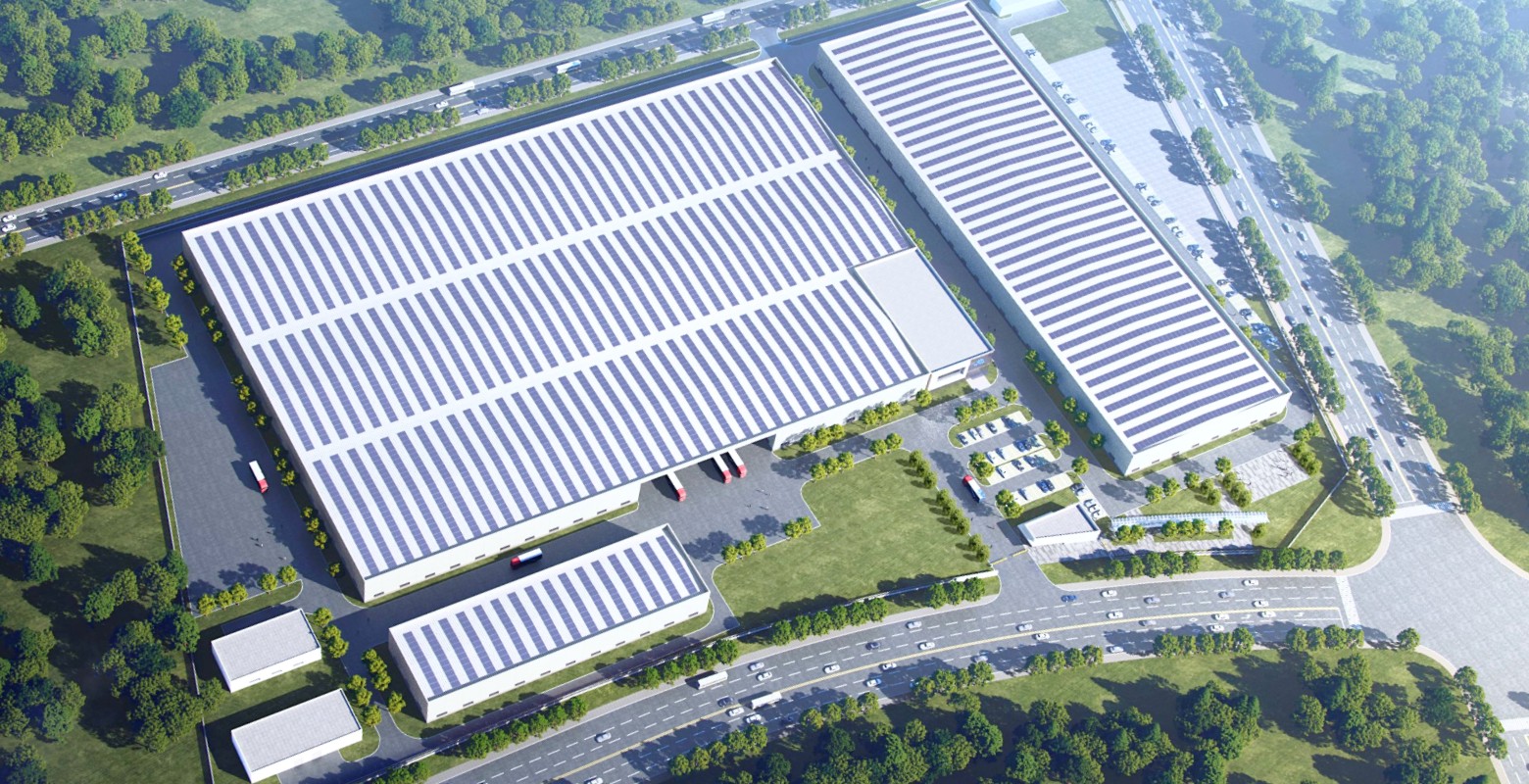How INTCO Medical Enhances Production Efficiency Through Innovation
Common Challenges in Enhancing Production Efficiency
Many companies struggle with issues such as outdated technology, inefficient workflows, and shortages of skilled labor. Additionally, fluctuating demand and supply chain disruptions can impede production schedules, making it difficult to maintain a consistent output. Quality control is another area of concern; ensuring that every product meets the required standards without sacrificing speed can be a complex balancing act. These challenges necessitate innovative solutions and continuous improvement strategies to stay ahead in the industry.
Introduction to INTCO’ Production Capabilities
INTCO Medical is a reputable manufacturer specialized in producing high-quality disposable gloves. Known for its commitment to innovation and excellence, INTCO has carved a niche for itself in the global marketplace. The company’s dedication to quality and efficiency has enabled it to provide healthcare professionals around the world with reliable and cost-effective glove solutions, contributing significantly to public health and safety.
Key Production Capabilities of INTCO
The key production capabilities of INTCO lie in its advanced manufacturing processes and state-of-the-art facilities. By integrating cutting-edge technologies and maintaining stringent quality control measures, INTCO ensures that its production lines operate at peak efficiency. The company adopts automated machinery and robotics to carry out repetitive and labor-intensive tasks, thereby reducing human error and increasing throughput. Additionally, INTCO’s facilities are equipped with real-time monitoring systems that provide valuable insights into the production process, enabling timely interventions and adjustments.
Intelligent Methods for Improving Production Efficiency
Integration of Advanced Technologies
Automation and Robotics
Automation and robotics are pivotal in revolutionizing production efficiency at INTCO. The integration of robotic systems into production lines automates repetitive tasks such as assembling, packing, and quality inspection. These systems operate with high precision and speed, significantly reducing cycle times and minimizing errors. Their ability to work around the clock ensures continuous production, which boosts overall output. Furthermore, the use of robotics allows INTCO to reallocate human workers to more complex and value-added tasks, enhancing productivity and job satisfaction.
Internet of Things (IoT)
The Internet of Things (IoT) plays a crucial role in modernizing INTCO’ manufacturing processes. IoT-enabled devices and sensors are deployed throughout the production lines to collect real-time data on various operational parameters. This data provides a comprehensive overview of machine performance, energy consumption, and production flow. By analyzing the date, INTCO can optimize equipment usage, predict maintenance needs, and reduce downtime. The integration of IoT not only enhances production efficiency but also improves resource management, ensuring sustainability and cost-effectiveness.
Artificial Intelligence (AI) and Machine Learning (ML)
Artificial Intelligence (AI) and Machine Learning (ML) are at the forefront of innovation in enhancing production efficiency. At INTCO, AI algorithms are used to analyze vast amounts of production data to identify patterns and predict outcomes. This predictive capability allows for proactive decision-making, such as adjusting production schedules or optimizing material inventory levels. Machine Learning models continuously learn and adapt from the data they process, refining their accuracy over time. These advanced technologies provide valuable insights that help in streamlining operations, reducing waste, and maintaining consistent product quality.
Streamlining Processes and Workflows
Lean Manufacturing Principles
Lean manufacturing principles focus on minimizing waste and maximizing productivity. By adopting techniques such as value stream mapping and continuous improvement (Kaizen), INTCO can identify inefficiencies and streamline processes. This approach involves scrutinizing every step of the production process to eliminate non-value-added activities, thereby enhancing workflow efficiency. Additionally, lean principles encourage a culture of problem-solving and innovation, where employees are actively involved in suggesting and implementing improvements. As a result, INTCO can maintain a dynamic production environment that adapts quickly to changes and continuously evolves.
Six Sigma Methodology
Six Sigma is a data-driven methodology aimed at reducing defects and variability in the production process. By employing Six Sigma techniques, INTCO can systematically identify root causes of defects and implement corrective actions. The DMAIC (Define, Measure, Analyze, Improve, Control) framework is central to this approach, guiding teams through a structured problem-solving process. Six Sigma’s emphasis on data and statistical analysis ensures that improvement efforts are based on concrete evidence, leading to sustainable performance enhancements. This methodology not only improves product quality but also increases operational efficiency and customer satisfaction.
Benefits of INTCO’ Intelligent Production Practices
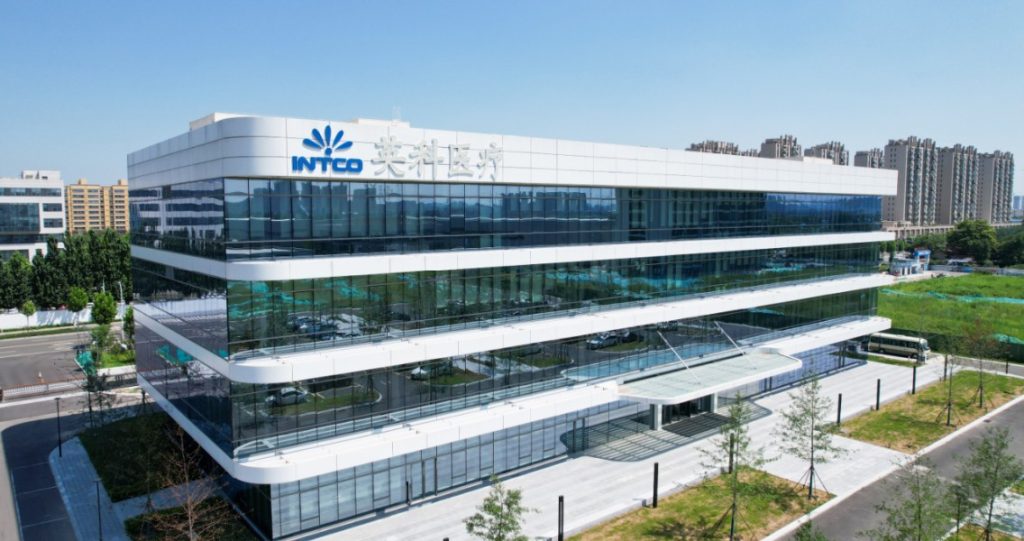
Increased Productivity and Output
INTCO’ intelligent production practices lead to significant gains in productivity and output. By leveraging advanced technologies such as automation, IoT, and AI, the company can maintain high production rates with minimal downtime. Real-time monitoring and data-driven decision-making enable swift adjustments to production schedules, ensuring that resources are used optimally. As a result, INTCO can meet increasing demand without compromising on quality, thus enhancing its market competitiveness.
Cost Reduction and Resource Optimization
One of the primary benefits of INTCO’s intelligent production practices is cost reduction. Automation and robotics decrease labor costs by performing repetitive tasks more efficiently, while IoT sensors help in reducing energy consumption through optimal machine usage. AI-driven predictive maintenance minimizes unexpected equipment failures, thereby saving on repair costs and avoiding production halts. These efficiencies enable INTCO to optimize resource utilization, ensuring that materials, labor, and machinery are used effectively, thereby reducing overall production costs.
Enhanced Product Quality and Consistency
INTCO prioritizes product quality through its intelligent production practices. The integration of advanced technologies ensures that every product meets stringent quality standards. Automated quality inspection systems detect and address defects in real-time, preventing faulty products from reaching customers. AI and ML algorithms continually refine production processes, enhancing consistency and reliability. By maintaining high-quality standards, INTCO not only satisfies regulatory requirements but also builds customer trust and loyalty.
Future Trends in Intelligent Production Efficiency
Emerging Technologies in Manufacturing
In the near future, the intelligent production efficiency at INTCO is likely to be shaped by emerging technologies. Innovations such as next-generation robotics, augmented reality (AR) for maintenance, and advanced analytics are poised to revolutionize manufacturing processes further. For instance, collaborative robots (cobots) that work alongside human workers could enhance flexibility and efficiency in production lines. Additionally, the application of blockchain technology for supply chain transparency and security can ensure the integrity and traceability of raw materials. By staying at the forefront of these technological advancements, INTCO will continue to enhance its production capabilities.
Sustainable Practices for Long-term Efficiency
Sustainability is becoming increasingly important in the manufacturing industry. INTCO recognizes that long-term production efficiency must align with environmental sustainability. The company is exploring ways to minimize its carbon footprint through energy-efficient technologies, recycling programs, and sustainable sourcing of raw materials. Implementing circular economy principles—where waste materials are repurposed or recycled—can further enhance resource efficiency. By integrating sustainability into its production practices, INTCO not only improves its environmental impact but also ensures long-term operational resilience and compliance with evolving regulations.




